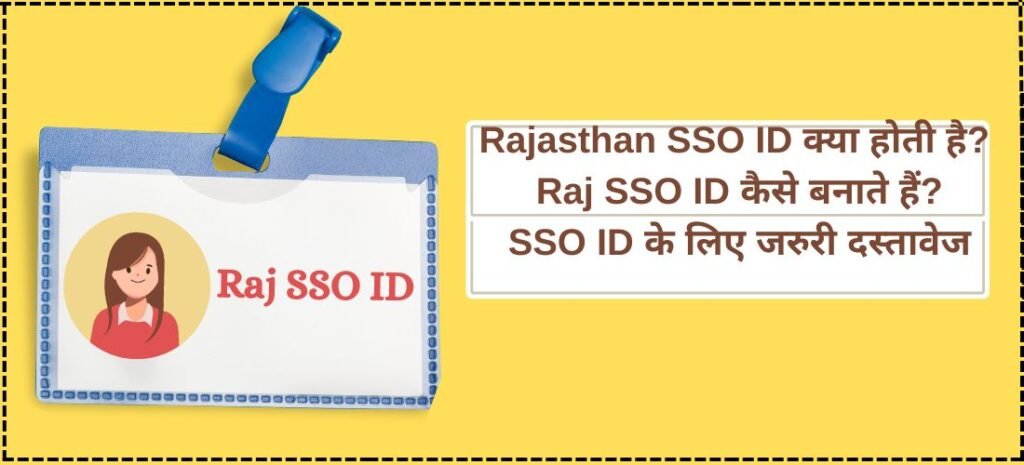Breaking free from addiction is one of the bravest journeys anyone can take. However, the process of withdrawal often stands as a significant barrier. Withdrawal symptoms can be painful, both physically and emotionally, and can make recovery feel insurmountable for many individuals. This is where detox clinic offering medically guided relief come into the picture, helping individuals address withdrawal symptoms in a safe and supportive way.
Detox clinics are designed to provide effective, evidence-based care tailored to individuals undergoing withdrawal. Here, we’ll explore the benefits of medically guided detox and highlight why it plays such a crucial role in the recovery process. Each benefit stems from extensive research and emerging trends in addiction care.
The Importance of Medically Guided Detox
Addiction alters the way the body and brain function, leaving individuals dependent on certain substances to feel “normal.” When these substances are removed, the body reacts with withdrawal symptoms. These can range from mild discomfort to severe, life-threatening conditions. Medically guided detox focuses on managing these symptoms effectively, ensuring the individual’s safety and minimizing discomfort.
Statistics show that nearly 22 million people in the United States struggle with substance use disorders, according to the Substance Abuse and Mental Health Services Administration (SAMHSA). However, only a small percentage of these individuals seek professional help. Access to professional detox services can be a critical turning point in addressing this gap.
Professional Monitoring for Safety
One of the primary benefits of a medically guided detox clinic is professional monitoring. Physical withdrawal symptoms, such as high blood pressure, seizures, or nausea, and psychological symptoms, like severe anxiety or hallucinations, can be unpredictable and potentially dangerous. Medically trained professionals evaluate each individual’s condition and design a tailored detox strategy. This includes monitoring vital signs, assessing withdrawal severity, and responding promptly to medical emergencies, if needed.
Having medical professionals oversee the process ensures safety and minimizes health risks. For individuals dealing with substances that cause severe withdrawal symptoms, such as alcohol or opioids, this level of supervision is invaluable.
Personalized Treatment Plans
Not all individuals experience withdrawal the same way. Factors like the type of substance used, the duration and severity of the addiction, underlying health conditions, and personal history all play a role in shaping the withdrawal experience. Detox clinics recognize these differences and develop personalized treatment plans for every individual.
Through thorough assessments, these clinics design strategies to address each person’s unique challenges and needs. This personalized approach may involve medication-assisted treatment, counseling, or specialized therapies to ease withdrawal symptoms more effectively.
Personalization also enhances the likelihood of long-term success. Research has shown that individualized addiction treatment leads to better outcomes, as it caters to the specific needs and recovery goals of each patient.
Reduced Risk of Relapse
The withdrawal process can be overwhelming and, in some cases, triggers a strong urge to return to substance use to alleviate discomfort. Detox clinics help reduce the risk of relapse by offering controlled environments where substances are not accessible. Medical professionals provide support and strategies to manage cravings, which is crucial during the early stages of recovery when the risk of relapse is highest.
Additionally, therapy and emotional support during detox play a key role in strengthening the individual’s resolve. The combination of a controlled environment and a supportive team guides individuals through this critical phase, increasing their confidence in continuing the recovery process.
Alleviation of Physical and Emotional Discomfort
Withdrawal symptoms can take a toll not only on the body but also on the mind. Insomnia, mood swings, depression, and anxiety often accompany physical symptoms during detox. Medically guided detox clinics use a variety of methods to alleviate both physical and emotional discomfort effectively.
Medications may be administered to help reduce symptoms such as pain, nausea, and anxiety. Meanwhile, techniques like relaxation exercises or counseling sessions are provided to help manage psychological challenges. These interventions ensure that individuals not only feel physically supported but also emotionally cared for during the detox process.
This dual approach creates a more holistic healing experience, addressing the mind and body simultaneously and preparing individuals for the next steps in their recovery.
Support for Co-occurring Mental Health Conditions
Many individuals struggling with substance use disorders also face co-occurring mental health conditions, such as depression, anxiety, or post-traumatic stress disorder (PTSD). Withdrawal can exacerbate these conditions, making detox even more challenging.
Detox clinics equipped with mental health professionals can offer integrated care to address these co-occurring disorders. By providing therapy, counseling, and medication management during detox, they help individuals stabilize both emotionally and physically. This comprehensive approach lays a solid foundation for recovery and reduces the likelihood of relapse caused by untreated mental health conditions.
Transition to Long-Term Treatment
Detox is only the first step in what is often a long and complex recovery process. While it addresses the immediate challenges of withdrawal, sustainable recovery typically requires further treatment, such as therapy or rehabilitation programs. Medically guided detox clinics help bridge this gap, preparing individuals for the next phase of their recovery.
A seamless transition to long-term treatment is crucial. Detox clinics often collaborate with rehabilitation centers, ensuring individuals receive continuous support as they move forward in their recovery. Education on coping mechanisms, relapse prevention, and recovery strategies is provided to help individuals feel ready for the road ahead.
Building a Sense of Trust and Community
Detox clinics create an environment of trust and support, which is vital for individuals who may feel scared or vulnerable during withdrawal. A compassionate team of medical professionals, therapists, and support staff cultivates a sense of community and connection, helping individuals feel less alone in their recovery.
Group therapy sessions offered at many detox clinics allow individuals to share experiences, learn from peers, and build relationships with others who understand their struggles. This sense of belonging builds emotional resilience, which plays a key role in long-term recovery.
Commitment to Confidentiality and Dignity
For many individuals, concerns about privacy and stigma prevent them from seeking help. Detox clinics are committed to upholding strict confidentiality, ensuring that every individual feels safe sharing their struggles without fear of judgment. This commitment to dignity and respect encourages more people to take the first step toward recovery.
By normalizing the conversation around addiction and offering a judgment-free space, detox clinics further reduce the barriers to seeking treatment.


